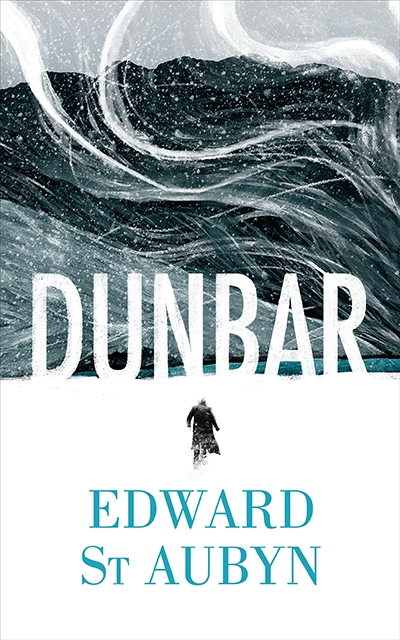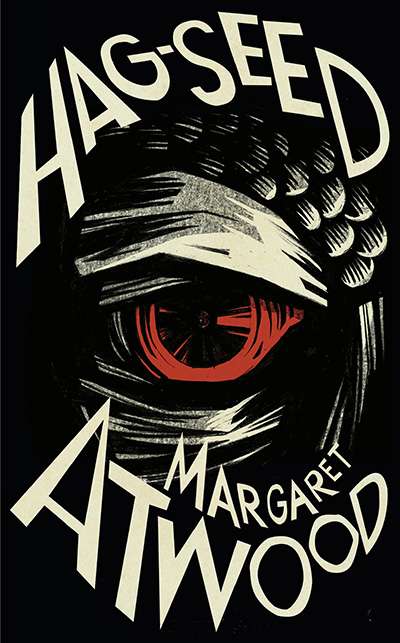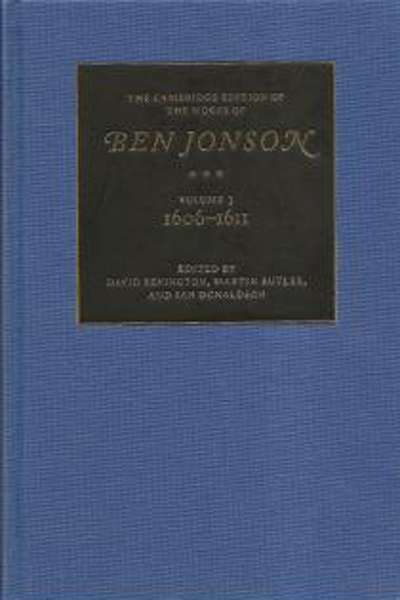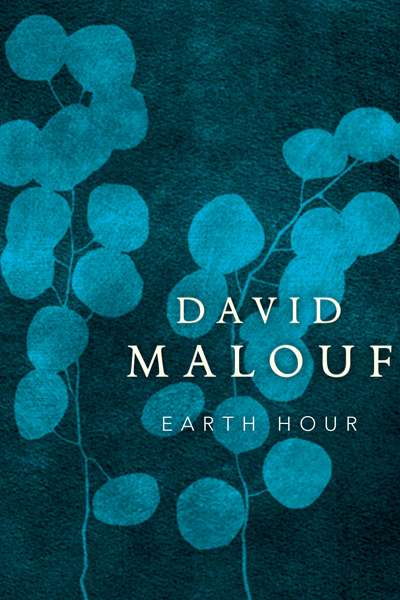Lisa Gorton

Lisa Gorton, who lives in Melbourne, is a poet, novelist, and critic, and a former Poetry Editor of ABR. She studied at the Universities of Melbourne and Oxford. A Rhodes Scholar, she completed a Masters in Renaissance Literature and a Doctorate on John Donne at Oxford University, and was awarded the John Donne Society Award for Distinguished Publication in Donne Studies. Her first poetry collection, Press Release (2007), won the Victorian Premier’s Prize for Poetry. She has also been awarded the Vincent Buckley Poetry Prize. A second poetry collection followed in 2013: Hotel Hyperion (also Giramondo). Lisa has also written a children’s novel, Cloudland (2008). Her novel The Life of Houses (2015) shared the 2016 Prime Minister’s Award for fiction. She is the editor of The Best Australian Poems 2013 (Black Inc.).






